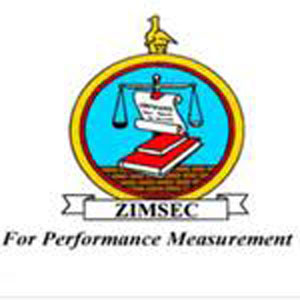
The absence of policy frameworks that guarantee security oversights once examination papers are outside the Zimbabwe School Examinations Council (Zimsec) has been identified as the chief cause of the perennial examinations leakages that have rocked the body for years.
By Phyllis Mbanje
This was revealed in a paper presented by Zimsec official Vutelani Mguni at the 9th conference of the Southern Africa Association for Educational Assessment which is being held in Harare.
“There is a very weak policy framework to protect the examination in the hands of third parties. There are lean or no oversights to ensure the maintenance of the integrity of the examination outside Zimsec,” Mguni said.
The controversial leakages have put the examinations body on the spot and dented its integrity among stakeholders who are calling for urgent measures to put a plug on the security breaches.
The breaches range from loss of question papers in transit, premature opening of papers by heads of centres and massive leakages which are suspected to emanate from the security printer and heads of examination centres.
Mguni said examination security breaches had become an “albatross and indelible insignia” for high stakes examinations despite all effort and investment in the integrity of examinations.
“This raises the question of the extent to which the examination bodies have put in place and maintained systems that ensure integrity,” he said.
- Chamisa under fire over US$120K donation
- Mavhunga puts DeMbare into Chibuku quarterfinals
- Pension funds bet on Cabora Bassa oilfields
- Councils defy govt fire tender directive
Keep Reading
The research revealed that although there was a high level of conciseness and alertness about examination security issues, there was “too much dependence on individual integrity of the people in the supply chain, but a very weak policy framework. “There’s need to develop a robust internal integrity system with comprehensive oversights,” Mguni said.
Zimbabwe is not the only country with this challenge as delegates from other countries also testified that they faced the leakages as well and called for more efforts in coming up with security features that will stem out the vice.
Zimsec is currently hunting for a foolproof system and has flighted an “Expression of Interest Tender” to interested suppliers of security technologies.
The council’s director Esau Nhandara said once the tenders had been opened and a prospective supplier was identified, they would “grant the public all the relevant information” pertaining to the system and its specifications, among other details of interest.











